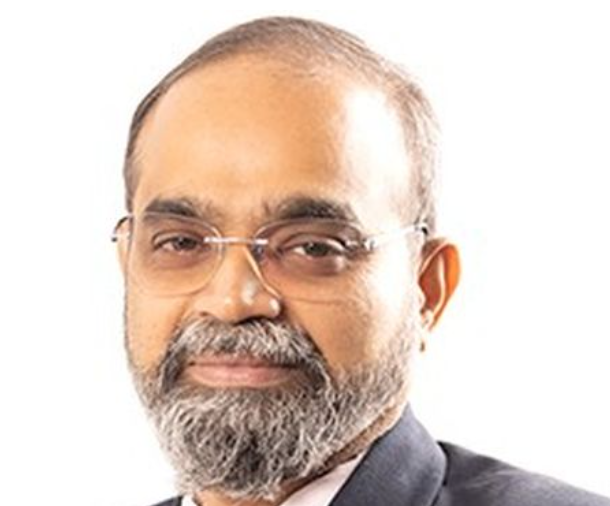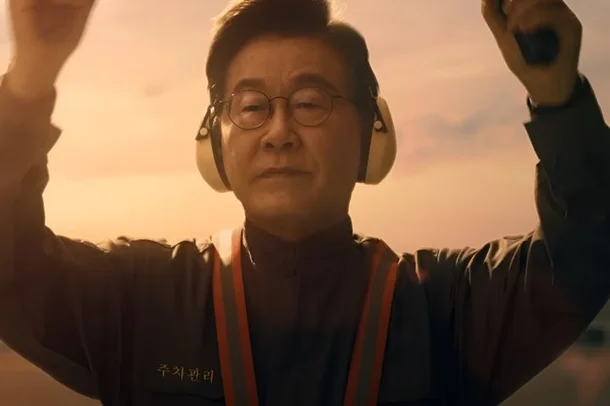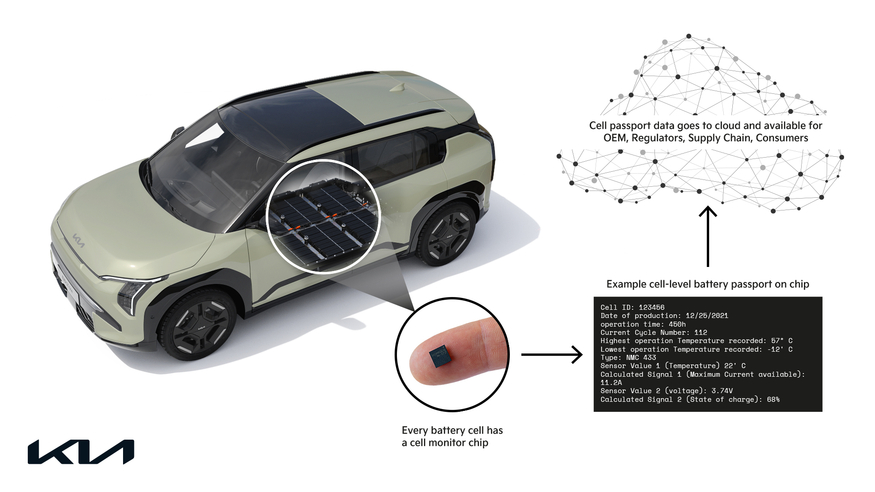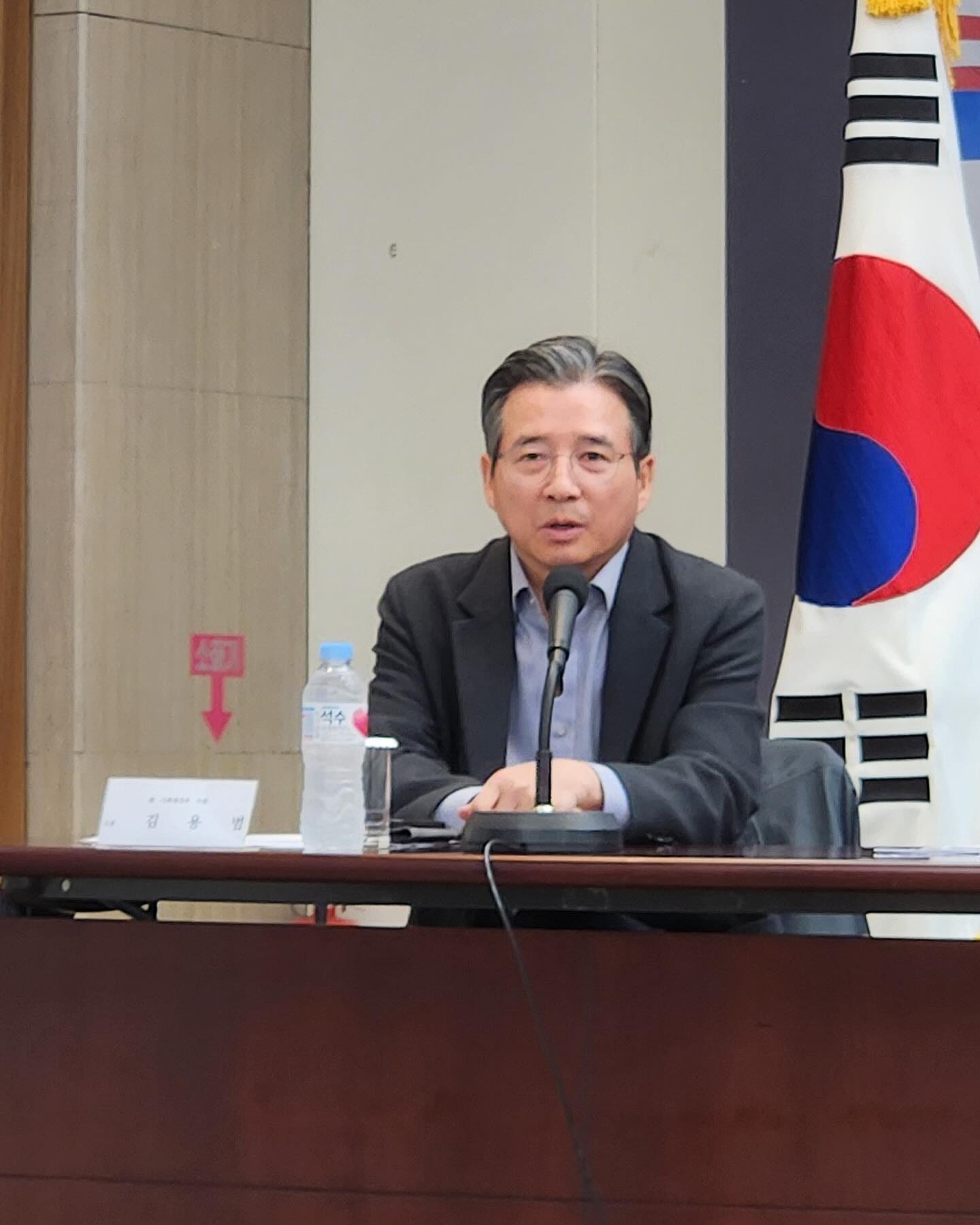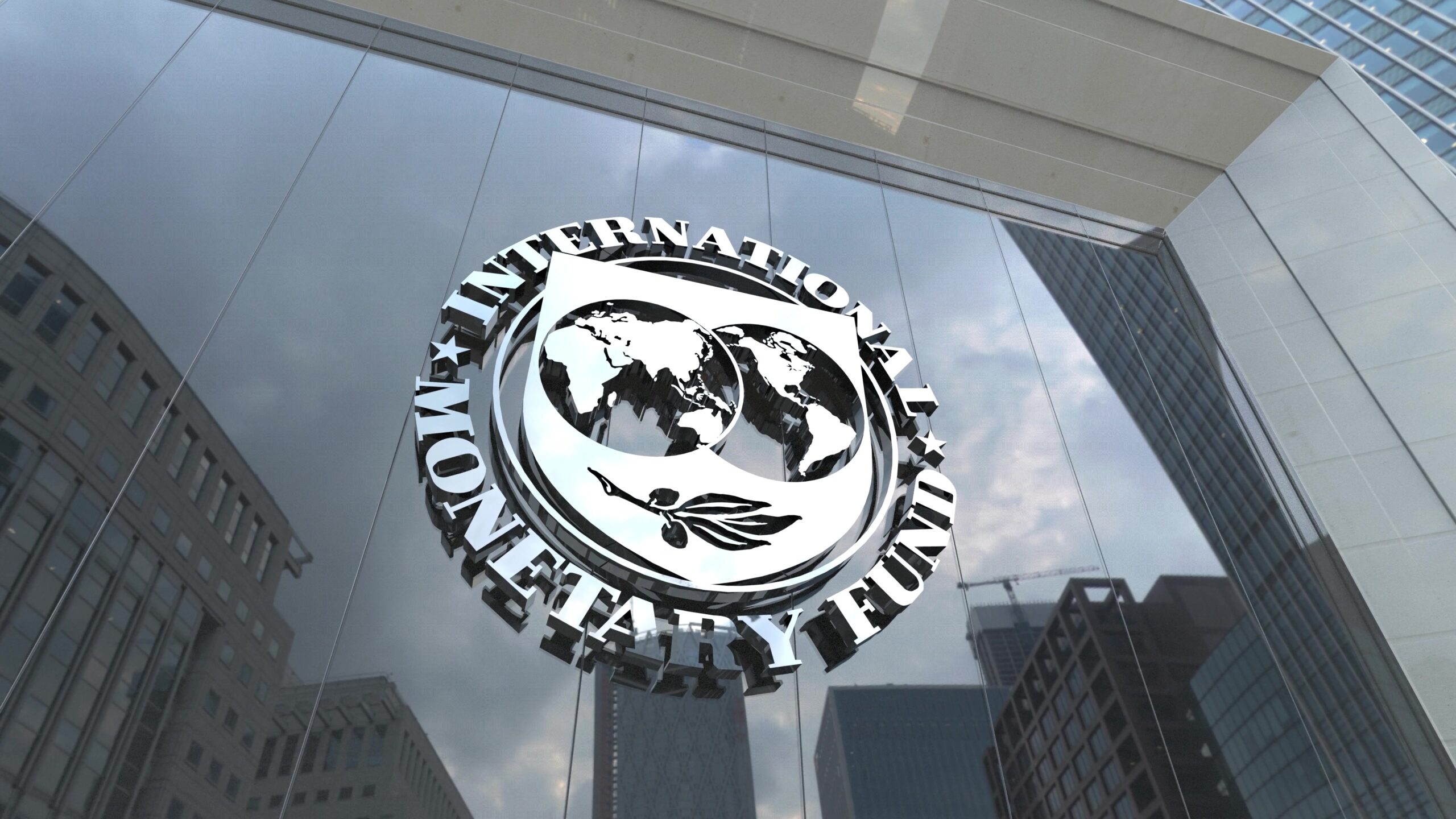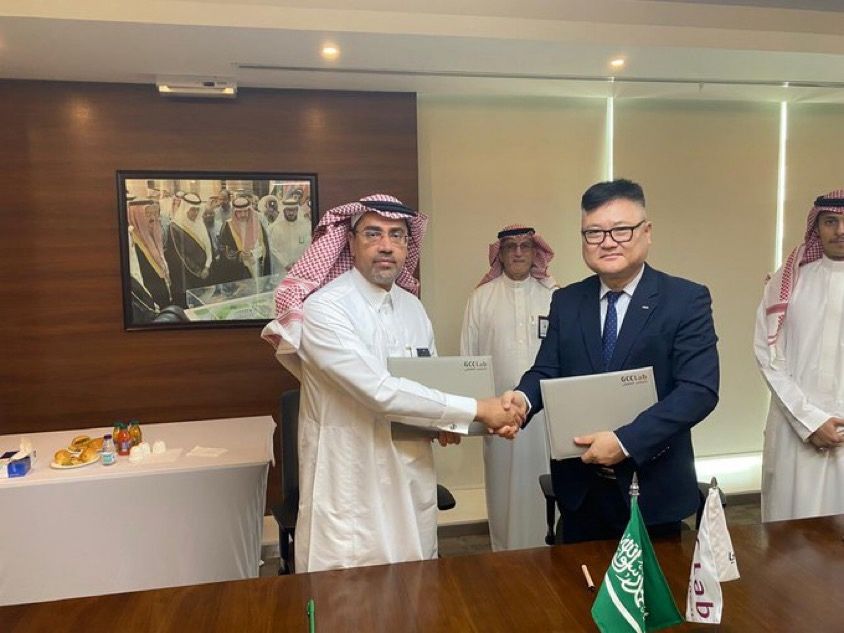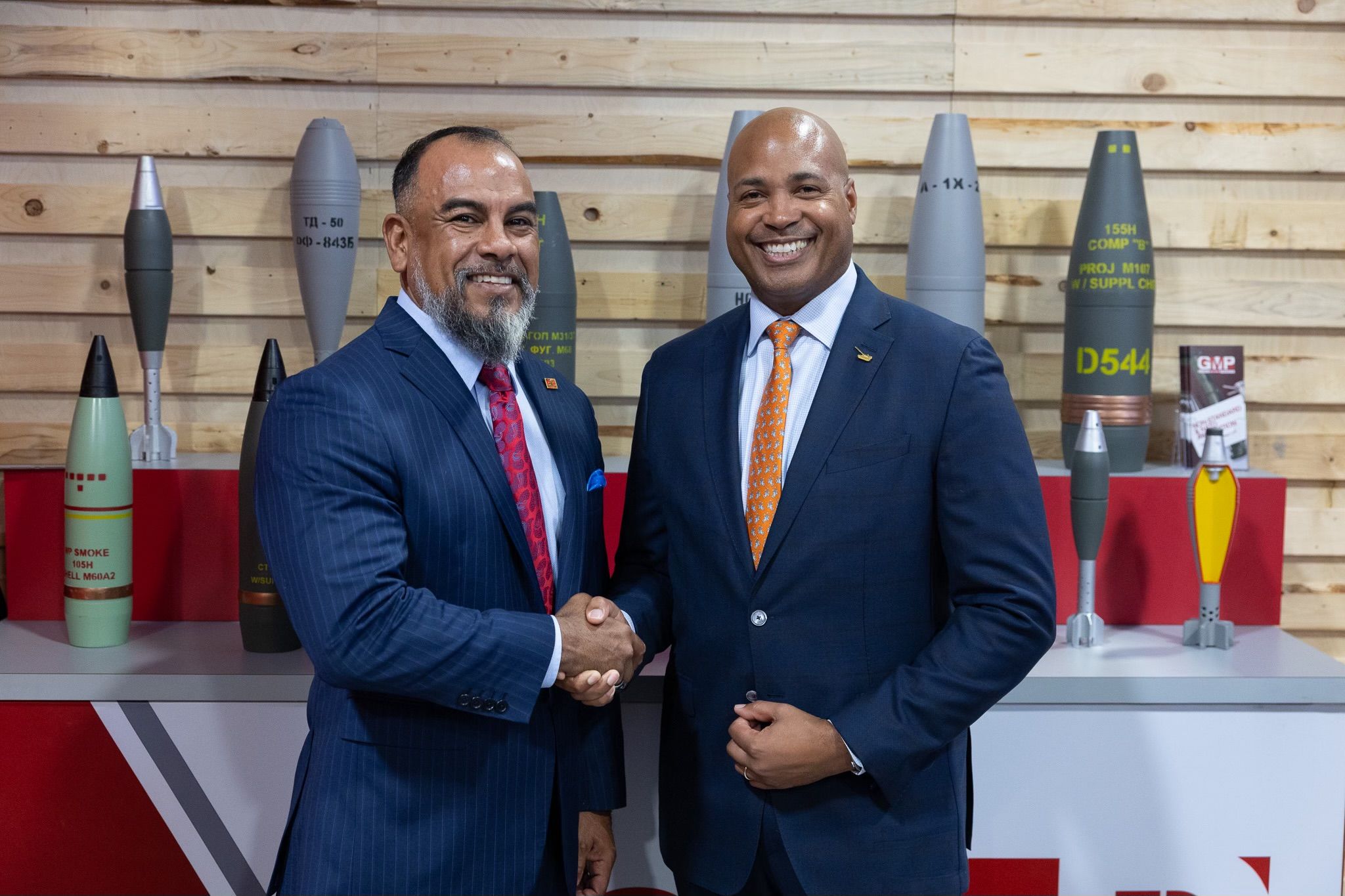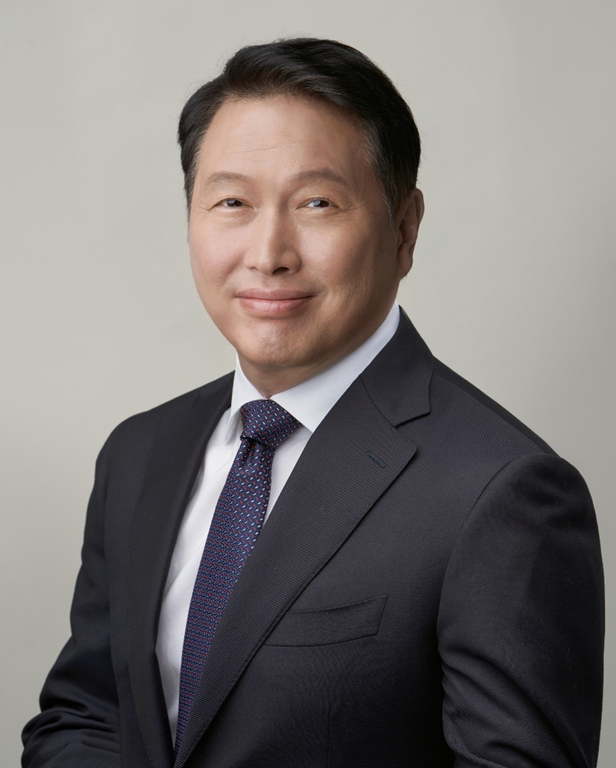
As the United States rushes to expand its munitions production amid global conflicts and mounting demand from allies, South Korea’s Hanwha Aerospace — the country’s leading defense manufacturer known for its artillery systems, armored vehicles, and propulsion technologies — is emerging as a critical partner in rebuilding America’s defense supply base.
The company’s U.S. subsidiary, Hanwha Defense USA, has signed a strategic partnership with Global Military Products (GMP), a veteran-owned American defense supplier, to jointly develop and manufacture ammunition and propellants for the U.S. Army.
The collaboration is part of Washington’s broader effort to modernize its aging ammunition infrastructure and strengthen supply chain resilience after years of underinvestment and wartime depletion.
For the Pentagon, partnerships like this represent more than just foreign investment—they’re a strategic necessity.
The war in Ukraine has exposed severe bottlenecks in the U.S. and NATO munitions supply, forcing Washington to look abroad for trusted allies with proven manufacturing capacity.
South Korea, which has rapidly become one of the world’s top arms exporters, offers both scale and reliability. Hanwha, in particular, has supplied howitzers, armored vehicles, and ammunition to several NATO nations and recently secured major defense contracts in Poland, Australia, and Norway.
The agreement with GMP underscores that trend. GMP recently landed a $639 million contract with the U.S. Army to supply 155mm high-explosive rounds in partnership with Germany’s Rheinmetall.
Hanwha’s entry into the same ecosystem positions it as a long-term contributor to U.S. ammunition production—a role that aligns with the Biden administration’s goal of reshoring critical defense capabilities within allied networks rather than relying on single-source suppliers.
Hanwha is already competing in the U.S. Army’s Self-Propelled Howitzer Modernization (SPH-M) program, pitching its K9A2 howitzer against industry giants like BAE Systems and General Dynamics.
To reinforce its position, the company plans to invest $915 million in a new U.S.-based propellant charge plant, expected to break ground next year.
“This isn’t just another foreign partnership—it’s part of a long-term strategy to rebuild the industrial depth America needs,” said Michael Smith, president of Hanwha Defense USA.
“By combining our manufacturing expertise with local partners, we can deliver advanced systems faster and help the U.S. and its allies maintain readiness.”
Hanwha’s growing footprint also reflects a shift in the U.S. defense landscape: as production backlogs stretch across traditional contractors, the Pentagon is increasingly turning to trusted allies to diversify supply.
South Korea, long seen as a reliable defense partner, is now quietly becoming one of the cornerstones of America’s reindustria


